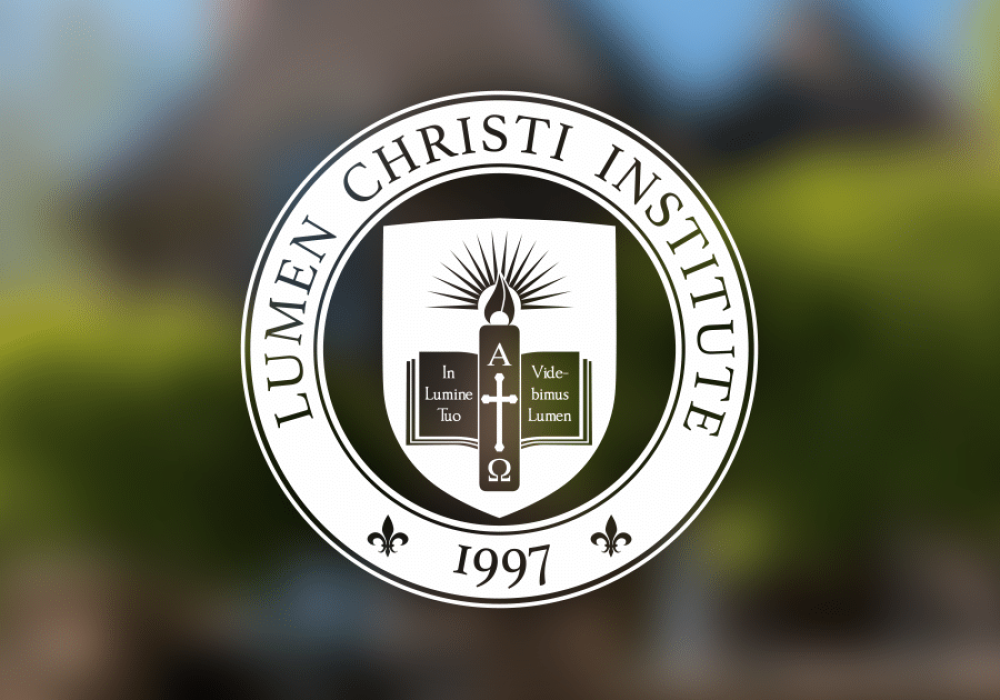This master class is open to graduate and undergraduate students, including non-University of Chicago students. Space is limited and offered on a first-come, first-served basis. Copies of the readings will be provided.
Pope Benedict’s 2009 Encyclical-Letter, Caritas in veritate, breaks new ground in the tradition of Catholic social teaching by explicitly calling for a new theory of economic exchange. Whereas the traditional scholastic theory of the “just price” was focused on “the principle of the equivalence in value of exchanged goods” (par. 35), a new theory of exchange must focus instead on “a metaphysical understanding of the relations between persons” (par. 53). True, Thomas Aquinas pioneered this new approach to the morality of exchange when he argued that the Golden Rule must take precedence over the logic of the just price: the relation between persons must trump the relation between the goods exchanged. Caritas in veritate argues further for a new theory of exchange that combines elements of mutual gain with elements of gift-giving. Here again we see a revision of traditional scholastic theory in which every transaction was defined exclusively either as a unilateral gift (subject to norms of distributive justice and charity) or as a bilateral exchange (subject to norms of commutative justice). Benedict, by contrast, calls for a vision of economic life in which gift-giving and exchange are mixed, so that bargains are “redolent with the spirit of gift” (par. 37) in a new “economy of gratuitousness” (par. 38). According to Benedict, economic bargains are self-interested while gifts stem from altruistic love. I will call this sharp contrast into question by revising the traditional scholastic analysis of the just price, which was focused on the equality of the goods exchanged and instead focus on the moral equality of the parties to an exchange.
Discussion Questions
- What is a just price? How is a just price related to a market price? Can the government impose a just price on goods?
- Is economic exchange inherently self-interested? Is there a place for love in the marketplace?
- What is a gift? Do all gifts involve exchange? Why do bribes often take the form of gifts? Why do people often resent receiving “charity”?
- What does Benedict mean by “an economy of gratuitousness”?
- What matters most for justice? Equality of the commodities exchanged or the equality of the parties to an exchange?
Readings:
- Thomas Aquinas on Justice in Buying and Selling.
- Encyclical Letter of Benedict XVI: Caritas in Veritate
- James Bernard Murphy: The Morality of Bargaining (Journal of Business Ethics 2011 (100: 79-88).g


